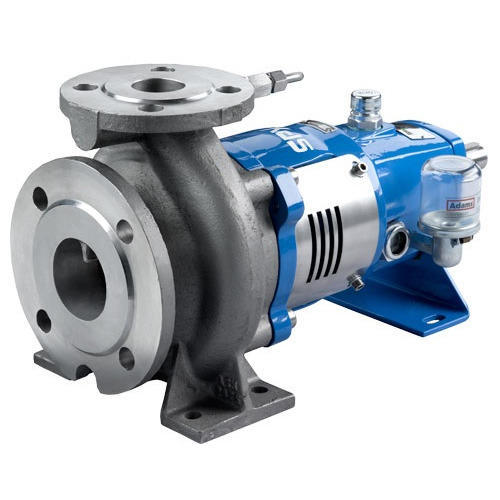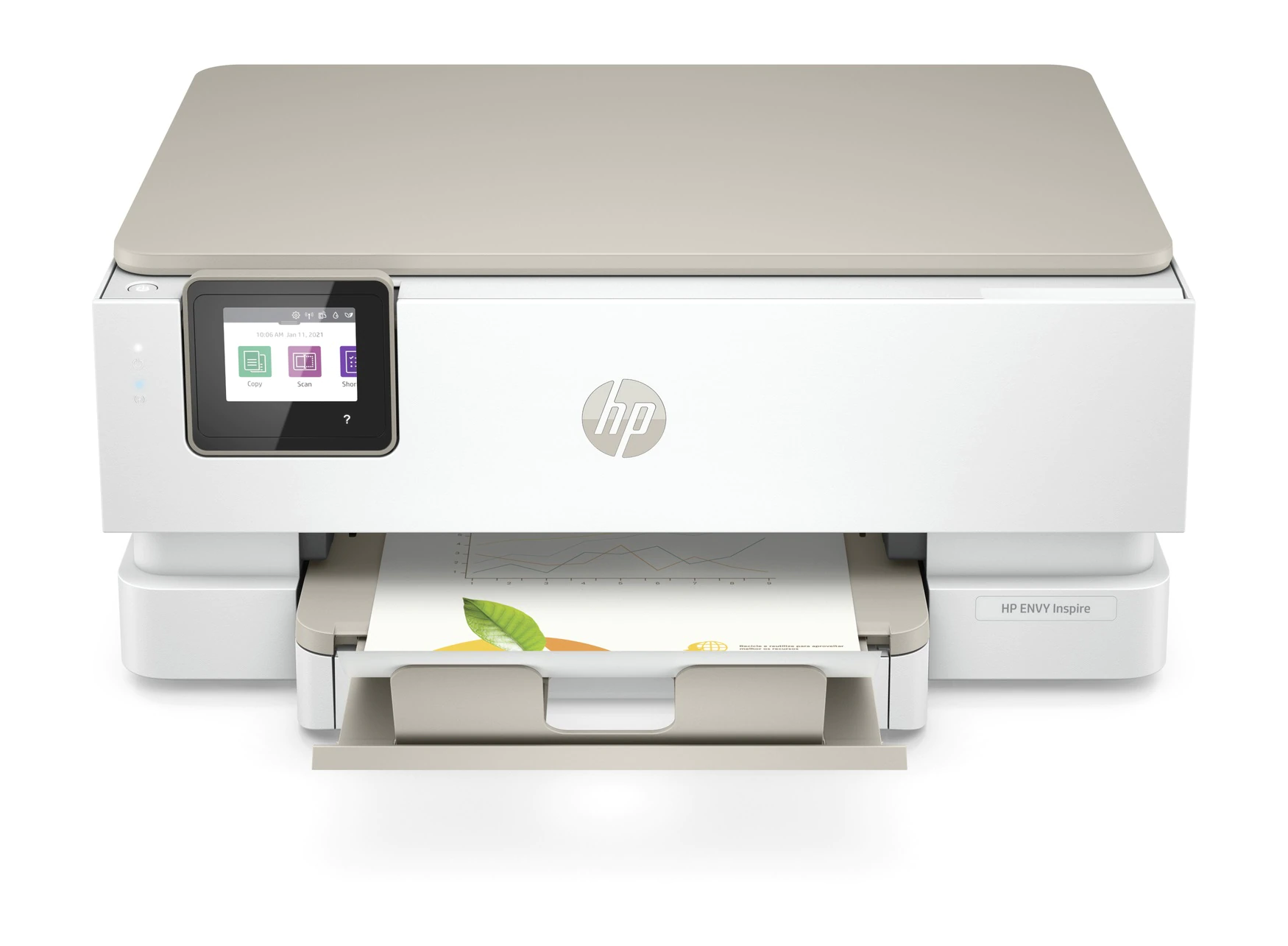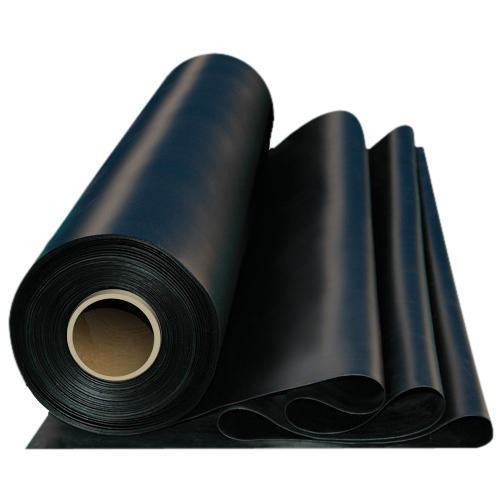How to Buy and Export Centrifuges from South Africa with No Hassles!
How to Buy and Export Centrifuges from South Africa with No Hassles!
There are many businesses that need to import and export goods on a regular basis. When you are looking to set up an import and export business, there is often a lot of information that needs to be collected in order to make sure everything goes smoothly. Importing and exporting can be complicated and risky, especially when you’re dealing with something like heavy machinery or another complicated product. However, if you know what you’re doing and have the right information at your fingertips, it doesn’t have to be difficult. As an exporter, you need to know the kinds of markets where your goods will sell well, how much demand there is for your products in other countries, and what regulations you need to adhere to when shipping internationally. In this blog post, we will discuss all these things so that you can start your own import/export business venture as smoothly as possible.
What is Importing and Exporting?
Importing goods from other countries and exporting goods from your country are both a part of the import/export business. The goods that are being imported and exported may be raw materials or goods that are ready for sale. Importing goods: Goods are imported when goods are taken into a country from another country by sea, air, or land. Importing goods is a serious process that requires a lot of documentation. The importer must ensure that all the goods imported are legally allowed in the country. Exporting goods: Exporting goods means sending goods out of a country to another country. It’s just like importing goods, but in reverse. Exporting goods is more regulated than importing goods. It’s more complicated, and there are more steps to take in order to ensure the process goes smoothly.
Why Should You Start an Import/Export Business?
There are many benefits to starting your own import/export business. Some of the biggest ones include: • It’s a low-risk business – Most import/export businesses are low-risk as long as you have a good grasp on market demand, regulations, and pricing. • It’s scalable – You can start small and then increase your business as you see fit because there are very few limitations on what you can import/export. • It’s profitable – If you can find a niche that you know people want, you have the potential to make a lot of money. • It provides a lot of freedom – You can set your own hours as an importer/exporter, and you don’t have to deal with as many customers as a traditional business might. This also means you don’t have to worry as much about customer service.
Step One: Research Your Target Markets
One of the most important steps in the process of starting an import/export business is choosing which markets to focus on. You want to find markets that have a high demand for your products and that allow the type of products that you are looking to import. When choosing your target markets, you also want to make sure they aren’t too far away. The farther away your market is from your country, the more expensive it will be to ship your products. This can make your products less profitable. A good way to start researching your markets is to look at the products that your country is currently importing. Find out what importing these products has to do with the economy. This will give you a better idea of which products might be worth importing.
Step Two: Find Reputable Shipping Companies
Finding a shipping company that specializes in import/export is extremely important. You want to make sure that the shipping company you choose is trustworthy and reliable. If something were to happen to your shipment during the process of importing goods, you could lose a lot of money. There are many criteria that you should keep in mind when searching for a reputable shipping company. Some of them include: – Ease of use – You don’t want to have to jump through hoops to use the shipping company. They should be relatively easy to work with. – Price – The shipping company should be competitively priced so that the import/export process is profitable. – Reputation – You want to choose a company that has a positive reputation among the import/export community. – Insurance – The shipping company should offer insurance for your products. This can protect you in the event of a fire or other disaster. – Terms – You want to make sure that the shipping company complies with any regulations that are necessary for your shipment. – Documentation – You want to be sure that the shipping company has experience filling out the documents that are required for your shipment.
Step Three: Determine the Shipment Type
You want to make sure that the type of shipment you use for your products is compliant with any regulations. You’ll want to look into the following types of shipments: • LTL (Less than Truckload) – This type of shipment is a good option if you are shipping smaller quantities of products. It is also less expensive than other types of shipments. However, it can be less reliable and less secure. • Full Truckload (FTL) – This type of shipment is usually the cheapest option when importing goods. However, it is only suitable for larger shipments. If you are shipping a small amount of products, it can be more expensive than other types of shipments. • Container Shipping – This is the most common type of shipment used by importers and exporters. Containers are often used to ship raw materials. They are ideal for smaller shipments and can be combined with other smaller shipments. • Air Freight – This is a good option if you are looking to ship smaller quantities of products. However, it is more expensive than other types of shipments. It is also less secure and less safe.
Step Four: Find Out Which Documents Are Required
Before importing products into your country, you want to make sure that you have all the necessary documents. These documents can differ depending on the type of product you are importing. Here are some documents you might need: • Commercial Invoice – This document provides information about your products and the supplier. • Bill of Lading – This document is used to track and record the movement of your products. • Certificate of Origin – This documents states where your products are coming from. • Commercial Insurance – This document ensures that your products are insured during the shipment. • Health and Safety Compliance – This documents states that your products meet health and safety standards. • Packing List – This document lists the products that are being shipped and includes the quantity. Remember, these are just some of the documents that you might need. Depending on the type of product you are importing, you might need more documents.
Step Five: Determining the Price of Shipping
One of the most important parts of importing goods is choosing a good shipping company. You want to make sure that your shipping company is reliable and will take care of your products. After you’ve chosen a shipping company, you need to get a quote and figure out how much shipping your products will cost. There are several factors that go into determining the price of shipping. These include: – Where your products are coming from – This can affect the price of shipping. For example, products coming from Asia are usually cheaper to ship than products coming from Africa. – Where your products are going – The distance between the shipping company and your destination can also affect the price of shipping. – The type of shipping you choose – The type of shipping you choose can have an impact on the price too. For example, air freight can be more expensive than container shipping.
Conclusion
As you can see, importing and exporting goods is a complicated process. This is why it’s important to start your business with the right information and the knowledge you need to make sure everything goes smoothly. There are many things that go into starting an import/export business. However, if you are prepared and know what to do, it can be an extremely profitable way to make money. If you’re looking to start an import/export business, make sure you know the different types of products that you can import and export.








LEAVE A COMMENT
You must be logged in to post a comment.